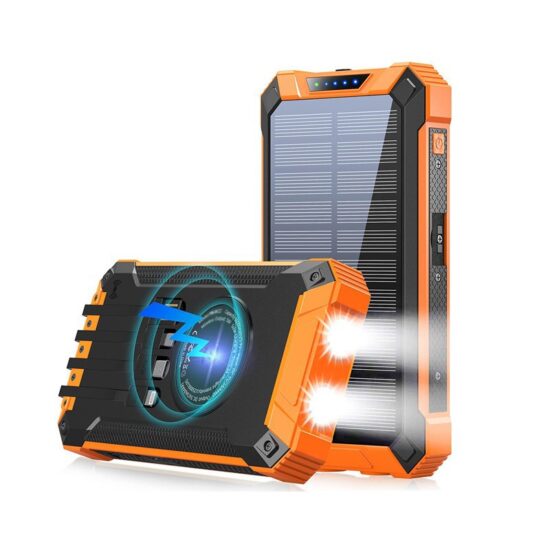bob@nbdho.com
Wireless Charging vs Charging Cables: Pros and Cons
Here’s a balanced, SEO-friendly blog draft for Wireless Charging vs Charging Cables: Pros and Cons:
Wireless Charging vs Charging Cables: Pros and Cons
As technology advances, charging your devices has become more convenient with two popular options: wireless charging and traditional charging cables. Each method has its benefits and drawbacks. Here’s a detailed comparison to help you decide which is best for your needs.
Wireless Charging: Pros and Cons
Pros:
- Convenience: Simply place your device on the charging pad—no cables to plug in.
- Less Wear and Tear: No frequent plugging/unplugging reduces port damage.
- Cleaner Setup: Fewer cables mean a tidier desk or nightstand.
- Compatible with Multiple Devices: One charger can power various Qi-enabled devices.
Cons:
- Slower Charging Speeds: Generally slower than wired fast charging, especially for high-capacity batteries.
- Heat Generation: Wireless charging can generate extra heat, potentially affecting battery longevity.
- Positioning Sensitive: Devices must be correctly aligned on the charging pad for effective charging.
- Limited Portability: Requires carrying the charging pad, which may not be as convenient on the go.
Charging Cables: Pros and Cons
Pros:
- Faster Charging: Wired charging typically delivers higher wattage and faster charging speeds.
- Data Transfer Capability: Allows syncing and data transfer between devices and computers.
- Wide Compatibility: Works with all devices having compatible ports and cables.
- Portable and Versatile: Easy to carry multiple cables or adapters for different devices.
Cons:
- Wear and Tear: Frequent plugging/unplugging can wear out ports and cables.
- Cable Clutter: Can create tangled messes and take up space.
- Less Convenient: Requires plugging in, which may feel cumbersome compared to wireless charging.
Which One Should You Choose?
- For Speed and Data: Charging cables are your best bet for fast charging and device syncing.
- For Convenience and Clean Setup: Wireless charging is ideal for a cable-free experience at home or office.
- For Travel: Carry both if possible—cables for speed, wireless pad for ease where outlets are accessible.
Final Thoughts
Both wireless charging and charging cables have their place in your tech arsenal. Understanding their pros and cons helps you choose the right method based on your lifestyle, device compatibility, and charging needs.
Want personalized advice on the best charging solutions for your devices? I’m here to help!
Would you like me to create an infographic or video comparing wireless vs wired charging?

